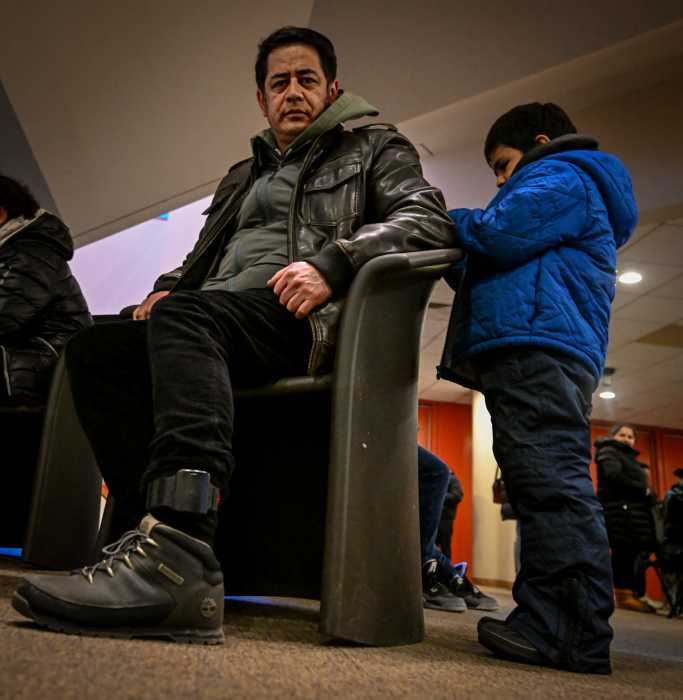Firefighters who suffered lung damage after inhaling particles in the line of duty on Sept. 11, 2001, may be able to quell or reverse the damage simply by changing their diets, according to a new scientific study.
The study from NYU School of Medicine researchers outlines a novel way to predict the development of lung injury in disaster victims like 9/11 firefighters. By testing blood for abnormalities in metabolites — chemicals produced as the body breaks down fats, proteins and carbohydrates — researchers can reasonably predict whether the subject will develop lung damage, according to the study.
Armed with this knowledge, researchers hope that disaster victims and first responders will be able to breath freer in the future by correcting these abnormalities through dietary changes.
“There is a positive aspect to all this,” said Dr. Anna Nolan, principal investigator of the study. “Although these folks had a terrible exposure, they hopefully were able to learn something that would benefit them, but also other individuals that have similar exposure.”
Researchers tested the blood of participating 9/11 firefighters within seven months of the attack and monitored their lung function annually in the ensuing years. They then compared 15 firefighters whose lung function had decreased in 2015 with those whose lung function had not decreased, and found metabolic differences between the two despite similar exposure to particles.
Firefighters at the World Trade Center inhaled dust containing dangerous heavy metals plus concrete, asbestos and jet fuel. This led to an inflammation of lung tissue that contributed to eventual lung damage.
Researchers are not entirely sure why metabolic differences in the firefighters were so predictive of whether their lungs deteriorated later on.
“That’s the big question — we don’t fully understand all of the connection,” said Nolan, noting that those who did eventually lose lung function had a higher level of fats called triglycerides and low levels of the cholesterol high-density lipoprotein (HDL) in their blood, which are also predictors of heart disease.
“There’s something innate to that person,” she added.
Nonetheless, the connection is highly effective in predicting the loss of lung function, the study found. So now, using the knowledge gleaned from this study, the researchers will undertake a randomized clinical trial in which they switch up the diets of firefighters with lung damage in hopes of alleviating damage.
Participants will partake in a diet high in olive oil and fish, and low in red meat — the idea being to increase beneficial lipids and decrease problematic lipids, said Nolan. They hypothesize the changed diet will improve participants’ lung function as well as body mass index.
Researchers have already secured funding for the trial, which will kick off in the next few months and last for six months.





































